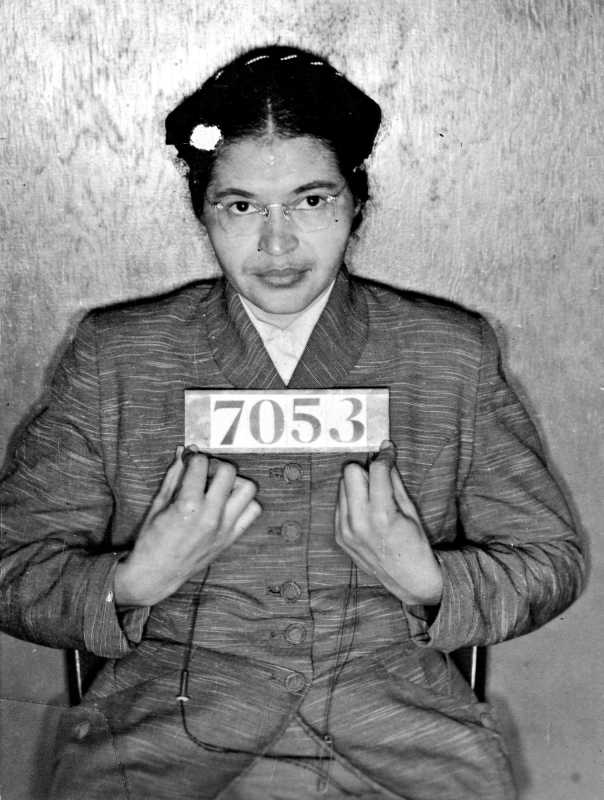Opinion
Rosa Parks: The Untold Story of Civil Rights Activism

On a quiet Sunday afternoon in Paonia, a small town in western Colorado, a remarkable gathering took place at the Blue Sage Center. Despite the unusual timing, around 100 predominantly white individuals convened to witness a unique portrayal of the iconic Rosa Parks, a pivotal figure in the Civil Rights Movement.
Portrayed by Becky Stone, Rosa Parks’ character came alive on stage, recounting the significant events of the mid-1950s in Montgomery, Alabama. Dressed simply in a cotton dress and sweater, Stone’s transformation into Parks captivated the audience, shedding light on the real motivation behind Parks’ refusal to give up her seat on a city bus.
Rosa Parks, a seamstress weary from a long day’s work, clarified that her decision to defy bus segregation was not solely due to fatigue. Instead, she emphasized that it was a conscious stand against the constant racial discrimination she faced, refusing to yield to unjust societal norms.
Parks elaborated on the segregated bus system in Montgomery, where Blacks were relegated to the back of the bus or a designated ‘colored’ section once the bus filled up. A vivid memory of an earlier humiliating encounter with a bus driver, James Blake, fueled Parks’ resolve to challenge the oppressive system.
As the secretary of the local NAACP chapter, Rosa Parks found herself at the forefront of a well-coordinated resistance effort, with the support of a united Black community, select white allies, and the guidance of a young pastor named Martin Luther King Jr. Their collective efforts led to a city-wide bus boycott that lasted over a year.
The boycott, marked by sacrifices and threats to Parks and her family, culminated in a landmark Supreme Court ruling that deemed segregation on Montgomery buses unconstitutional. Despite enduring personal hardships, Parks continued her activism, inspiring a wave of protests and legal victories that dismantled Jim Crow laws and paved the way for the Civil Rights Act of 1964.
As the audience applauded the enduring legacy of Rosa Parks, her story served as a testament to the power of unified resistance against injustice. Parks’ courage and unwavering dedication to equality resonated across generations, shaping the course of the Civil Rights Movement and inspiring change beyond the walls of Montgomery.












